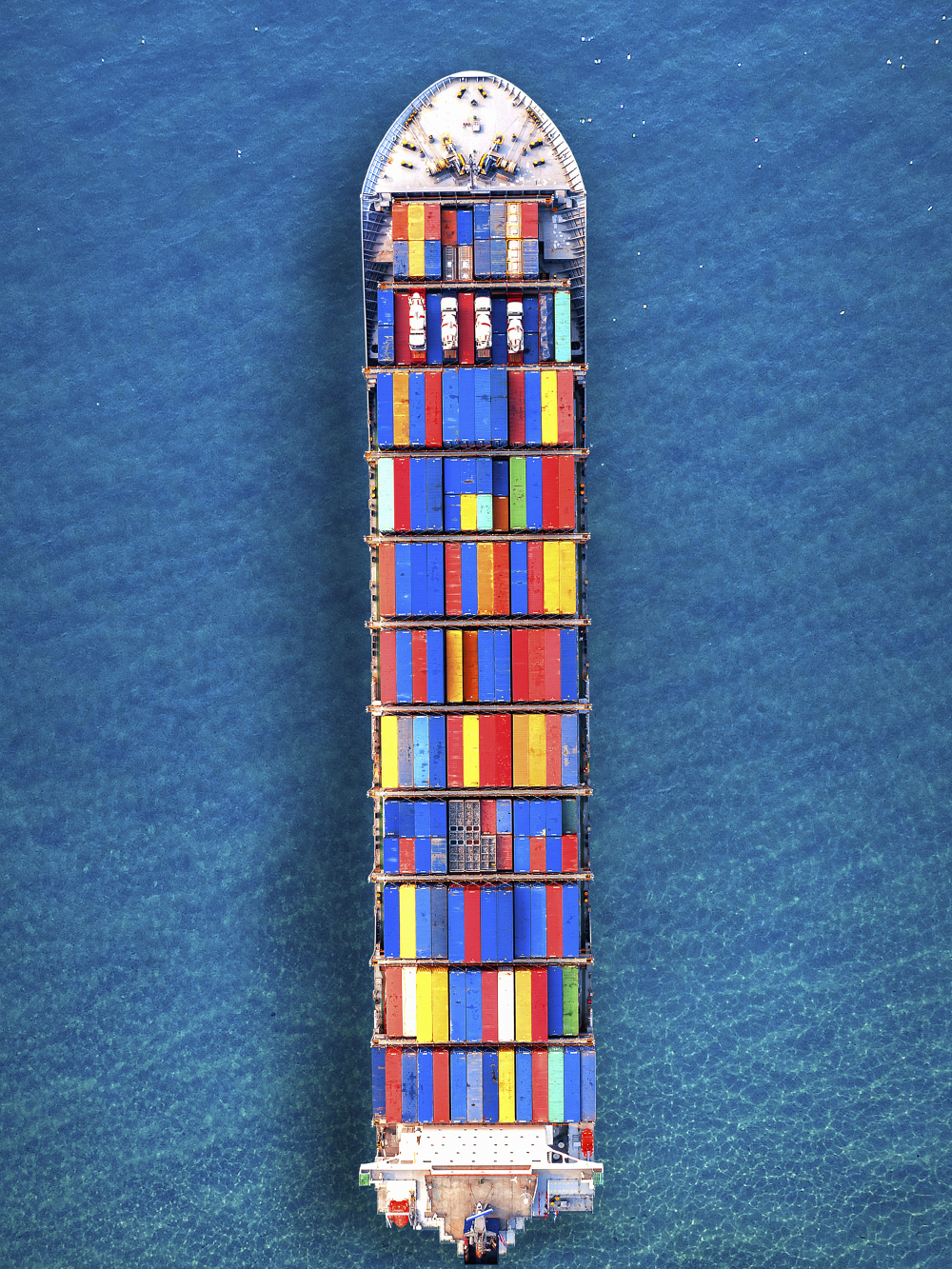
Sea Shipment
Cost: Sea shipment is generally less expensive than air shipment, especially for bulky and heavy cargo that requires large containers.
Transit Time: Sea shipment typically has longer transit times than air shipment, as ships move more slowly and often make stops at multiple ports along the way.
Capacity: Sea shipment can handle large volumes of cargo, including oversized and heavy items, thanks to the availability of large shipping containers.
Environmental Impact: Sea shipment is generally considered more environmentally friendly than air shipment due to the lower carbon emissions associated with shipping via ocean vessels.
Customs Clearance: Customs clearance procedures for sea shipment can be more complex and time-consuming than for air shipment, as the cargo often goes through several different jurisdictions.
Air Shipment
Cost: Air shipment is generally more expensive than sea shipment due to the higher cost of air transport and the limited capacity for cargo on airplanes.
Transit Time: Air shipment is much faster than sea shipment, with most shipments arriving within a few days of departure.
Capacity: Air shipment is limited by the size of cargo that can fit on airplanes, making it more suitable for smaller and lighter shipments.
Environmental Impact: Air shipment has a much higher carbon footprint than sea shipment due to the use of fuel-intensive airplanes for transport.
Customs Clearance: Customs clearance procedures for air shipment are generally simpler and quicker than for sea shipment, as the cargo goes through fewer jurisdictions and is often processed more quickly.

Ultimately, the choice between sea shipment and air shipment will depend on the specific needs of each shipment, including the type and size of cargo, destination, timeline, and budget.

